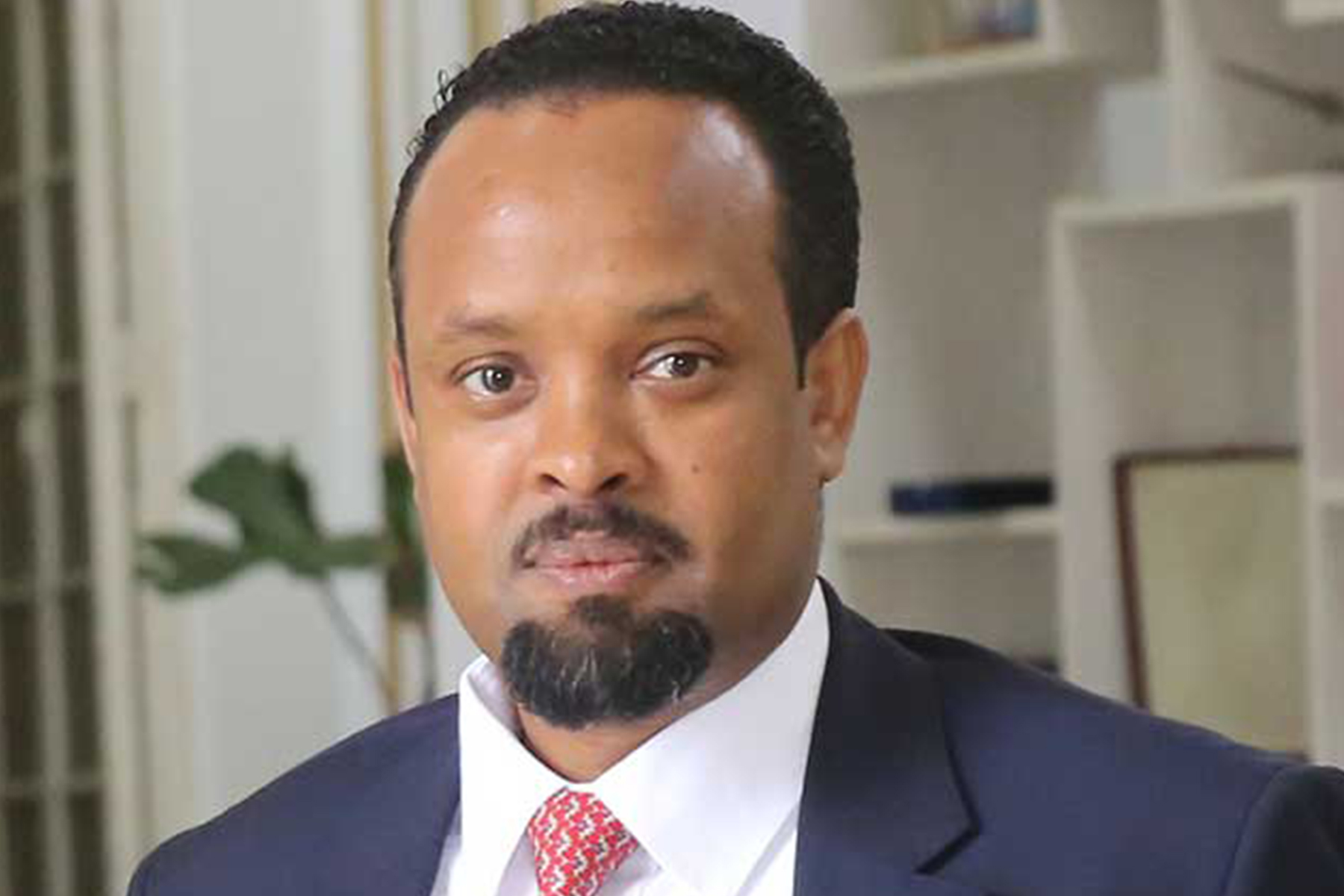
A substantial finance package of 1.72 billion dollars, greenlit by the World Bank, aims to fortify Ethiopia's critical economic sectors with six projects encompassing food security, climate resilience, agriculture and expanded access to electricity and sanitation. The Minister of Finance Ahmed Shide and World Bank country director Ousmane Dione signed the agreement last week in Addis Abeba. The comprehensive project, comprising loans and grants, targets various initiatives to alleviate the impact of several macroeconomic shocks that Ethiopia has gone through in the past few years. It includes 500 million dollars for road connectivity to enhance food security and climate-resilient access to food markets, an 82.5 million dollar grant allocated for the Urban Safety Net program and job creation, a 340 million dollar loan earmarked for a drought-resilience project catering to pastoralists, a 522 million dollar investment in electricity network expansions and renewable energy enhancements, and a 275 million dollar grant to improve water supply and sanitation. The agreement was announced a few days after the International Monetary Fund (IMF) staff visited the country to negotiate a financial package based on comprehensive economic reforms. If an agreement had been reached, support from the World Bank was one possible outcome. As Ethiopia faces alarming levels of food insecurity with over 20 million people exposed, unprecedented climate conditions impacting 28.6 million people and a cascade of suspended irrigation projects, the financial package is poised to help address serious infrastructure shortages.
[ssba-buttons]